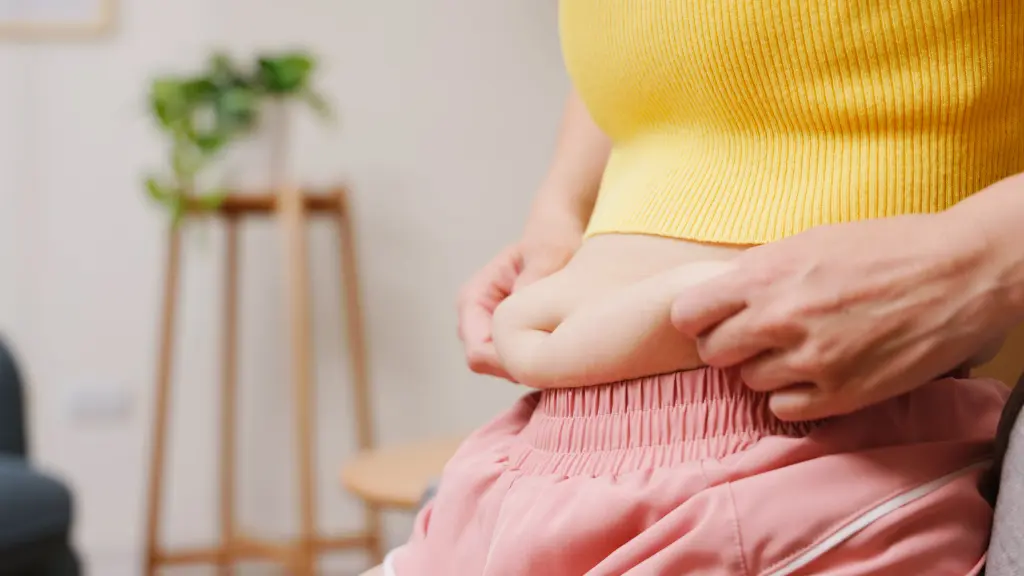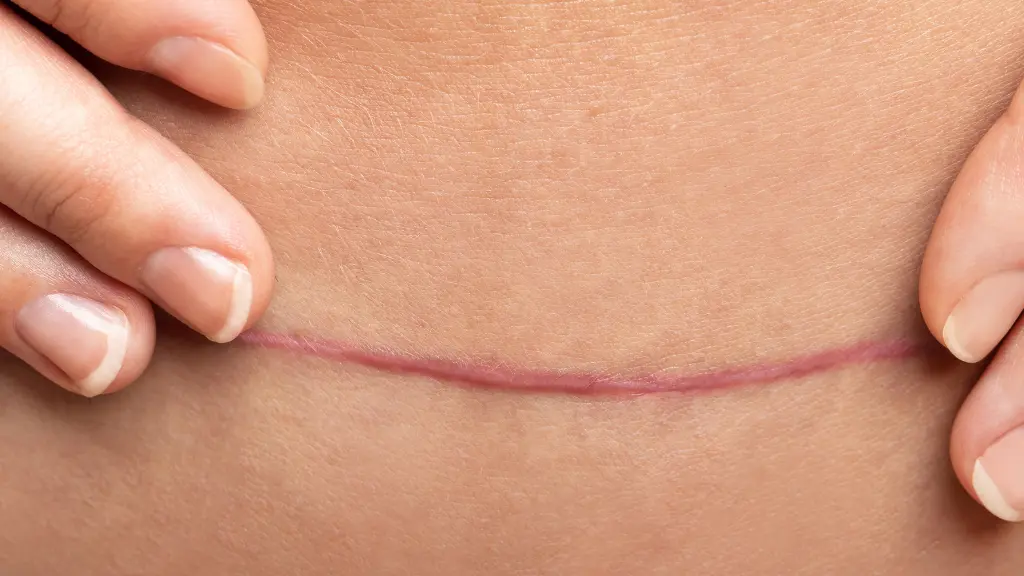Under-eating can impact your physical and mental health. While eating less is common for weight management, consistently consuming too few calories can lead to serious issues. Let’s uncover 11 signs that indicate you may not be eating enough.
You May Also Like: Can Donating Blood Cause Anemia?
1. Constant Fatigue
When you don’t eat enough, your body lacks the energy it needs. This can result in constant tiredness and low energy levels, even after sleeping well.
2. Hair Thinning or Loss
A lack of nutrients like protein, iron, and vitamins can lead to hair thinning or excessive shedding. Your body prioritizes essential functions, leaving less for hair health.
3. Frequent Mood Swings
Low calorie intake can affect your brain. Without enough glucose, you may experience irritability, anxiety, or mood swings.
4. Trouble Concentrating
The brain needs fuel to function. Skimping on meals can make it harder to focus, process information, or remember details.
5. Feeling Cold All the Time
Not eating enough can slow your metabolism, making it harder for your body to maintain a normal temperature. This can leave you feeling chilly, even in warm environments.
6. Digestive Issues
A restricted diet can lead to problems like constipation or bloating. This happens when your body doesn’t get enough fiber or fats to aid digestion.
7. Slow Wound Healing
Without adequate protein, vitamins, and minerals, your body’s ability to repair itself slows down. You may notice cuts and bruises take longer to heal.
8. Reduced Immunity
Under-eating weakens your immune system. This makes you more susceptible to colds, infections, and illnesses.
9. Menstrual Irregularities
Women who don’t eat enough may experience irregular periods or lose them entirely (amenorrhea). This is often due to a lack of essential fats and overall low calorie intake.
10. Loss of Muscle Mass
When your body doesn’t get enough calories, it breaks down muscle tissue for energy. This can lead to noticeable muscle loss and weakness.
11. Intense Food Cravings
Ironically, under-eating often leads to extreme cravings, especially for high-calorie or sugary foods. This is your body’s way of signaling its need for more energy.
How to Address Under-Eating
If you notice these signs, here are some tips to restore balance:
- Prioritize Nutrient-Dense Foods: Include lean proteins, healthy fats, whole grains, and vegetables in your diet.
- Eat Regularly: Aim for three balanced meals and snacks throughout the day.
- Consult a Professional: Seek advice from a doctor or registered dietitian if you’re unsure about your calorie or nutrient intake.
Final Thoughts
Under-eating may seem harmless at first but can lead to significant health challenges. Recognizing these signs early allows you to make changes and prioritize your well-being. Remember, a balanced diet is key to a healthy body and mind.
Share this article with friends to raise awareness about the importance of proper nutrition!











[…] You May Also Like: 11 Signs That You’re Not Eating Enough […]